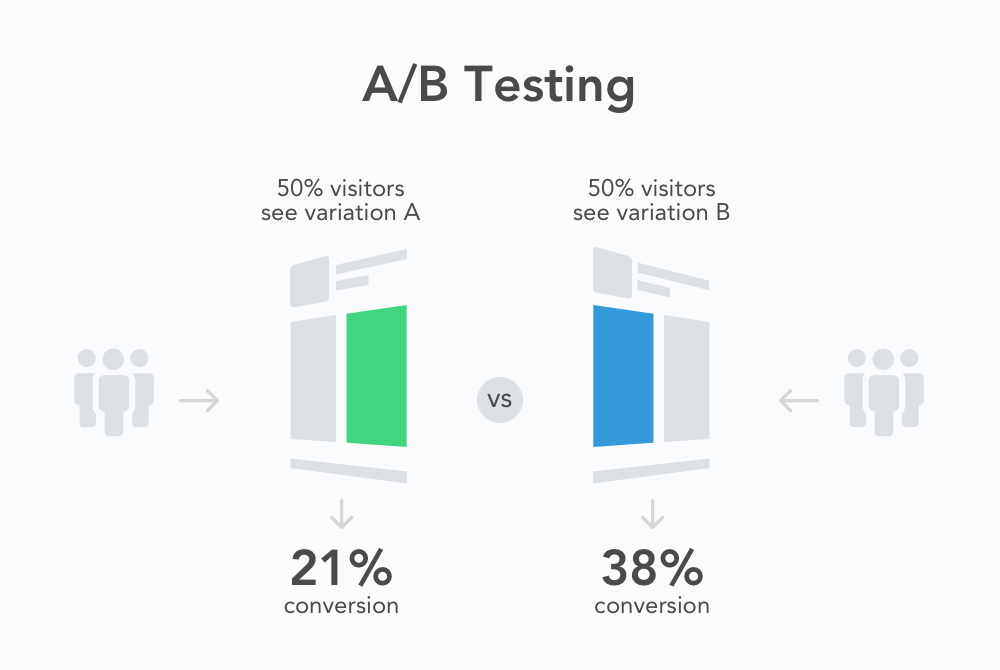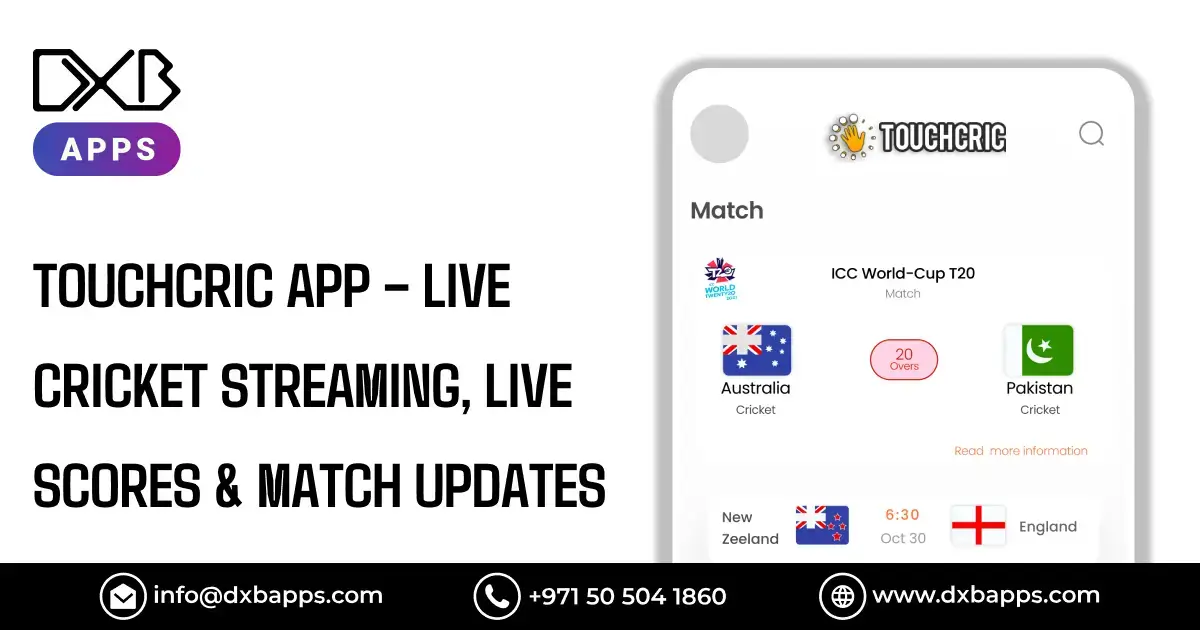The process of developing a mobile app has multiple steps. The process of developing a mobile app by top app developers idea involves several stages, from brainstorming and validating a novel business concept to actually creating the app and publishing it on one or more mobile platforms.
Testing is one of the most crucial steps in the mobile app development. Ensuring your mobile application not only functions and looks fantastic but also makes the user happy is vital.
77% of mobile app users, according to research studies, carefully consider app performance before making a purchase. Testing guarantees that the application operates at peak efficiency, fulfils its intended purpose, and simplifies navigation.
We will go over mobile app testing in this blog article, along with testing techniques and typical issues to watch out for.
Why Is Mobile Testing Important for Your App's Success?
One stage of the Android app development life cycle is mobile application testing. It guarantees that the developed product is of the best possible quality and operates as intended.
Before making a mobile app available to the general public by a top mobile app development company, mobile app testing involves confirming that an iOS or Android app is functional and user-friendly. App testing enables you to determine whether or not an app can achieve its technical and business goals.
Mobile apps are tested by testing teams across a broad range of unique operating system versions, screen sizes, and network bandwidths. By doing this, you can be sure that the mobile app will function correctly on a variety of device setups.

Types of Testing You Must Know About
Mobile app testing is a time-consuming procedure. There are various test types. Among the many testing options are functional testing, unit testing, regression testing, prime path testing, and black-box testing.
There are countless varieties of testing available. However, they can all be divided into one of the two groups listed below:
1. Automated Evaluation
This type of testing needs little to no assistance from humans. There are several technologies available to automate testing. These days, we can automate one or more steps in many functional and non-functional testing forms using the tools that we have available.
There is very little to no human intervention needed when using automated testing methods. It improves software testing coverage, effectiveness, and productivity. One thing to keep in mind is that you can only automate part of the testing process of your mobile application.
2. Manual Testing
The testing team does manual testing of this kind. It is the validation and verification process. The software or mobile application's behaviour is evaluated and contrasted with the requirements document.
Manual testing enables you to create a test document as you go along, unlike automated mobile app testing, which requires you to be familiar with tools, testing frameworks, and programming languages.
The Importance of Testing Mobile Applications
To evaluate the quality of pertinent features, the mobile application is tested in various forms. Expanding a company's reach with mobile apps is the ultimate objective. However, if it malfunctions or is challenging to use, people are not inclined to use it.
- No company wants a user to stop using their app development Riyadh and go to a rival. There's a good probability that consumers of poorly tested apps will have serious problems.
- This could make using the website unpleasant, particularly for first-time users. The initial meeting might make or break the transaction for them.
- Unexpected app crashes or functional issues might result in the quick removal of the app, which can reduce the number of potential users and income you make.
According to statistics, 80% of users delete apps that fall short of their expectations, and 50% of users remove apps that take up excessive amounts of storage. If an app is slow, 48% of users will remove it or give up on it. Therefore, avoid app uninstalls by making sure the app is quick, efficient, and has value.
Mobile testing helps an app stay in business by ensuring that it functions flawlessly, provides value, and isn't sluggish.
Mobile Application Testing Strategies
Developing a strategy for testing mobile applications can help you maximize the effectiveness of your testing endeavours. The following are some of the top techniques for testing mobile applications:
- Before implementing a plan, ask pertinent questions (e.g., how to conduct unit testing on the mobile app and test the mobile app on the desktop).
- Be explicit about the degree of fragmentation of devices and the need for appropriate tools and frameworks.
- Limit the use of simulators and emulators during the early stages of testing. Please don't depend on them exclusively to test your mobile apps. Untested apps run a greater chance of breaking down and providing a poor user experience on actual hardware.
- Beta testing, which is testing conducted by a chosen subset of actual users, is something you should pay attention to. It is a great way to test the app's usability and user experience so that any necessary adjustments can be made before it is released.
- Be sure to begin testing until the complete code has been developed; start testing now. Agile approaches improve software development efficiency by incorporating testing into all stages of the process.
- Mobile app testing is more accurate and efficient with these methods. They should, therefore, be included in your QA plan.
- How Mobile App Testing Benefits Your Business?
There were 3.6 billion mobile subscribers worldwide in 2016. By 2028, it will have surpassed 7.8 billion, more than twice the growth rate.
Since mobile technology is always changing, it is challenging to test mobile apps to guarantee optimal performance across a range of mobile devices and operating systems.
The rise in popularity of mobile devices encourages the creation of sophisticated apps for them that improve accessibility to commercial services. Mobile firms must thus make sure that their apps are optimized for the latest generation of devices.
Thorough testing of mobile apps is what guarantees that a company provides a mobile application that functions optimally across various mobile setups. Verifying an app's look and functionality across platforms is also helpful.

Common Pitfalls to Avoid During Mobile App Testing
Businesses may encounter a number of typical issues as a result of improper testing methodology rather than inadequate testing. These are the following:
Don't begin testing the app before understanding its purpose. To achieve this, you must respond to the following inquiries:
- How is the app meant to function?
- Who is the intended audience?
- What goals do executives at the management level and product managers have for the app?
- What do users expect from you?
- Avoid attempting to test everything at once. Prioritize the most crucial item first. Use actual devices while testing, as well as emulators and simulators. A device cloud is a workable solution. The user interface shouldn't be your only priority. Also, pay attention to the APIs and backend services.
Only run a test with a strategy in place. This is due to the fact that modern apps are complex and can only be thoroughly tested with a well-thought-out testing strategy. You can choose which features to test in each sprint and what kinds of testing are required by using a plan.
Let testing be a strength, not a weakness, for your app! For specialized solutions and unmatched service, contact us right now.
Experience The Power of Web Development With DXB APPS
Partnering with a reliable website development company Dubai such as DXB Apps can significantly enhance your app's performance. With their expertise in Android app development and top app developers, you can leverage cutting-edge solutions tailored to the Saudi market.
Conclusion
A thorough, meticulous, and well-thought-out method for testing your mobile app guarantees that it runs smoothly, makes a profit, and retains customers.
To make sure your app is well-tested and performs at its best across a range of mobile devices and operating system versions, you may work with an expert mobile app development company like DXB APPS.1
FAQs
1. What is testing for Android mobile apps?
The process of testing a mobile application for the Android platform is known as Android mobile app testing. It entails using various Android versions and devices to execute the app.
2. How to undergo testing are mobile apps?
Emulators and simulators are typically used for testing mobile apps. Using these tools, you can run the program to evaluate its performance after choosing a mobile device model and an Android or iOS version. These devices are computer-based.
3. Why is testing mobile apps important?
To make sure a mobile application functions on mobile devices as intended, mobile application testing is crucial. Untested mobile apps can result in a number of undesirable outcomes, such as frequent crashes, non-functioning, and malfunctions.


















